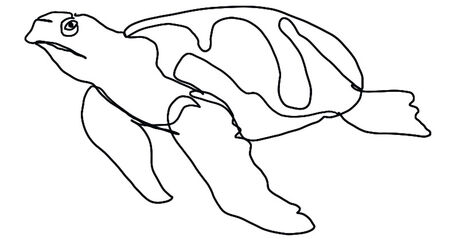One major theme in public debate is the plastic waste that is swept down rivers into oceans – and reappears right along our food chain in the form of microparticles. That is partly because recycling and waste disposal are still inefficient in many countries, and many people are careless about throwing away their rubbish. But international tourism is not simply part of the problem; it can also be damaged by the impact – for example, when polluted beaches spoil the holiday experience. Besides, more and more travellers want sustainability, and that steps up the pressure on tour operators. That is why TUI decided years ago to cut back the use of many items, especially disposable plastic, throughout the Group. Melvin Mak, Manager Sustainability TUI Benelux, explains how it works and reports on the first success stories.
Mr. Mak, when did the topic of plastic waste for TUI take off?
For years, we have been reducing the amount of waste that our businesses and holidaymakers are causing. That obviously includes plastics. Over the last couple of years, however, the worldwide challenge of plastic pollution has become a top of mind thing. The world realizes much more that the quality of our oceans is crucial for the quality of our planet, and our own health, too. We see brilliant initiatives around the world, but today still only 15 per cent of the plastics are recycled, and around eight million tonnes are released into the oceans each year.




 Austria
Austria







